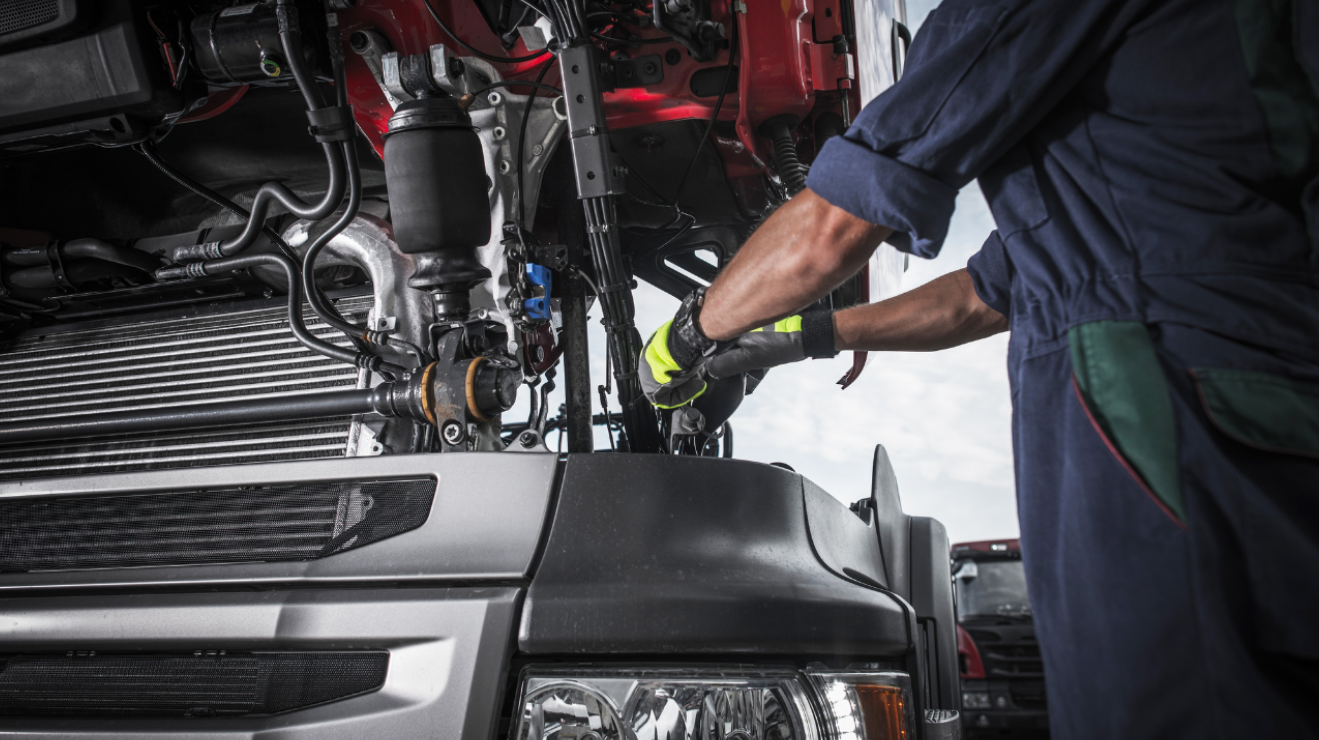Rising operating costs, tighter margins and growing compliance demands are pushing Australian truck owners to take a closer look at how they manage risk. In an industry defined by long hours, complex contracts and unpredictable conditions, every decision, from vehicle maintenance to insurance, can have lasting consequences.
According to the 2024 National Truck Accident Research Centre (NTARC) Report, more than 85 per cent of serious truck crashes involve multiple vehicles, a reminder of how exposed operators are to incidents beyond their control. Even small oversights in coverage can lead to major financial setbacks or long stretches off the road.
Whether you’re behind the wheel yourself, managing a few trucks or running a full-scale transport operation, knowing these common insurance traps can help you steer clear of unnecessary costs and downtime.
1. Focusing on Price Over Protection
With fuel, maintenance and compliance costs rising, it’s understandable that operators look for savings wherever possible. But selecting a policy based solely on price can create costly gaps in protection. Low-cost premiums often come with higher excesses or exclusions that only become clear after a claim. Taking the time to compare coverage inclusions, not just figures on a quote, can help to ensure the policy aligns with your real-world risks.
2. Overlooking Liability Coverage
Many operators focus heavily on vehicle protection but overlook the significance of liability cover. Accidents involving other vehicles, pedestrians or property can result in substantial third-party costs. Without adequate liability protection, a single incident could potentially put both personal and business assets at risk. Reviewing liability limits carefully and understanding how they apply to different haulage scenarios is an essential step.
3. Ignoring Business-Specific Risks
No two transport operations are the same. For instance, the insurance needs of a single owner-operator carrying local freight differ greatly from those of a refrigerated transport company or a bulk haulage business crossing multiple states. Generic policies rarely account for these differences. Coverage should reflect factors such as cargo type, operating radius, driver arrangements and depot storage – all of which influence exposure and claims outcomes.
4. Forgetting About Downtime Costs
Truck insurance often focuses on physical damage, but downtime is where many businesses feel the greatest impact. Repairs or replacement can take weeks, leaving operators without income while expenses continue. Business interruption or downtime cover can help to manage lost earnings during that period, allowing the business to stay operational and meet financial obligations. It’s frequently one of the most under-considered yet valuable protections for owner-drivers and small fleets alike.

5. Not Seeking Professional Guidance
The insurance market for transport operators can be complex. Policy wording varies widely between insurers and understanding what’s covered or excluded can be difficult to decipher without experience. Brokers can play an important role in helping truck owners interpret these details and compare products across the market.
“Truck insurance isn’t just about finding a policy, it’s about understanding how it fits into your business,” says Stirling Sanderson, Managing Director at Insuregroup. “A broker’s job is to help operators identify their risks and select coverage that supports compliance, continuity and confidence on the road.”
How to Make a Smarter Insurance Decision
Choosing truck insurance should start with a clear understanding of what you need to protect. Review your operations, financial commitments and contract requirements before requesting quotes. Ensure each policy you consider covers key areas such as:
- Vehicle damage, theft and recovery costs
- Liability for third-party injury or property damage
- Goods in transit, where applicable
- Downtime or loss-of-income protection
- Driver and subcontractor arrangements
Once coverage priorities are identified, compare options from multiple insurers. Brokers can streamline this process by sourcing quotes, explaining differences in wording and outlining how each policy responds in various claim scenarios. They can also help ensure operators meet the insurance conditions often required by clients, contractors or government projects.

Staying Protected on the Road Ahead
In transport, resilience comes from preparation. The right insurance won’t stop incidents from happening, but it can decide how quickly a business recovers when they do. For operators already juggling tight schedules and compliance demands, reviewing cover with a broker is less about paperwork and more about protecting the network of people and assets that keep the wheels turning.
Need help reviewing your truck insurance? Contact Insuregroup for professional guidance and access to a wide range of insurer options.
Disclaimer: This article was written in collaboration with Insuregroup, an Australian insurance brokerage specialising in transport and logistics. It provides general information only and does not take into account your objectives, financial situation or needs. You should consider whether the information is appropriate for your circumstances and seek professional advice before making any decisions regarding insurance cover.









